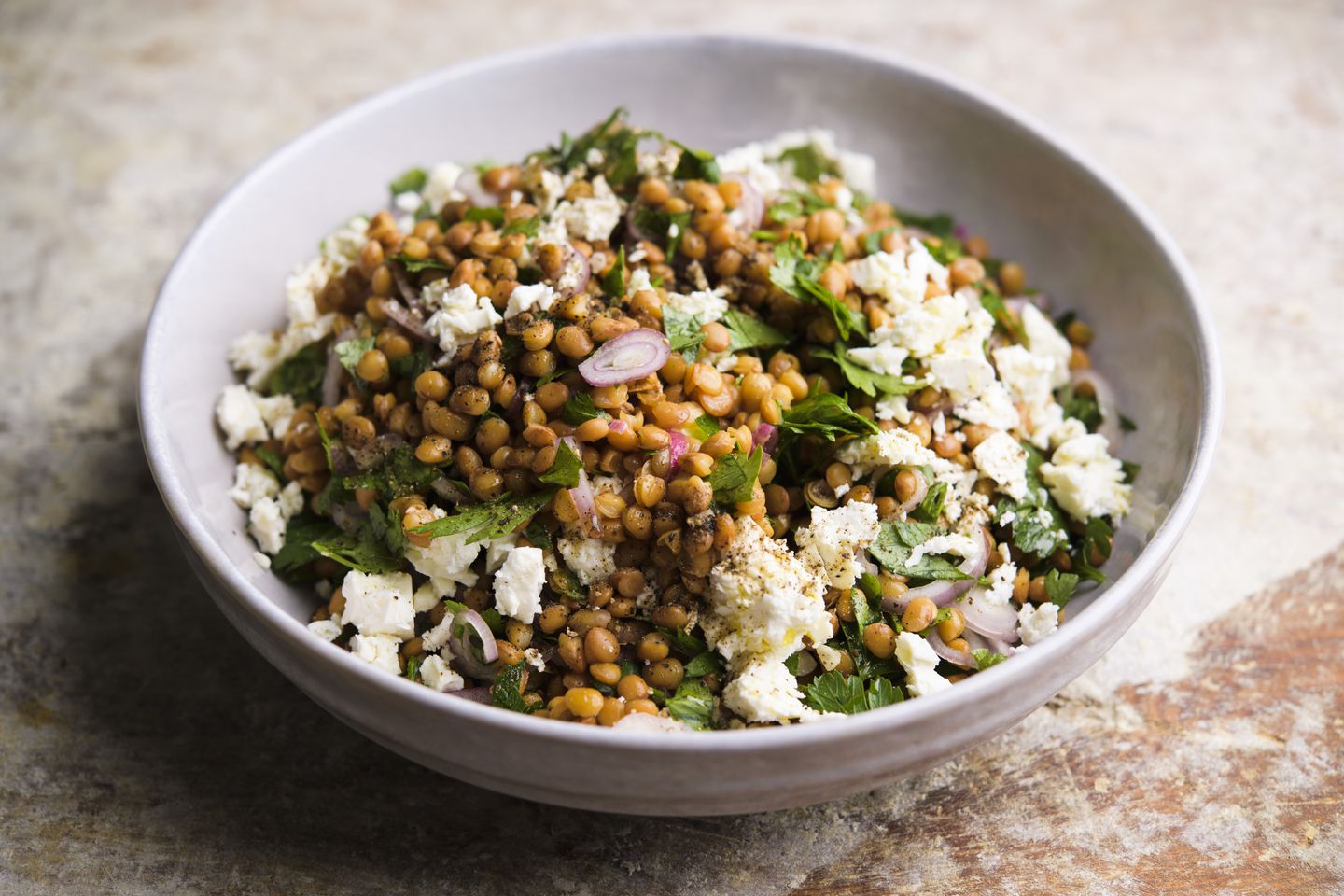The headlines tell it all. Frozen outperforms fresh. Cookie and cracker snacks are up 30 percent. US packaged food rates are through the roof. Processed foods are making a pandemic comeback. And with the reopening of restaurants, sports arenas, and movie theaters in the midst of the coronavirus, sugar consumption will resume its pole position. This, while nearly a third of Americans are feeling severe anxiety and more than half feel like their mental health is declining.

It’s understandable that we would feel that way. Many of us don’t know what we’re going to do with our kids this fall — keep them home with us knowing it may cost us our jobs, or send them to school afraid it may cost them their lives. What’s more, the nation is protesting systemic racism, the economy is tanking, and nearly 20 percent of American households with children report not having enough food. Due to job loss, food insecurity is on the rise — which means families feel they have no choice but to turn to cheaper shelf-stable processed foods, which tend to be less healthy. They can lead to obesity, diabetes, and hypertension, all of which are significant comorbidities for COVID-19.
So here we are, killing ourselves while we try to avoid dying.
But it’s not our fault. We live in a country where less-healthy food costs less, and once we get through this crisis we need to take a long, hard look at why that is and what we can do about it. Meanwhile, we’re faced with what feels like an impossible task: to don our masks and follow the aisle arrows while foraging for healthy food we can actually afford.
As a nutritional psychiatrist, nutritionist, and professional chef, I have some good news: There are cheap foods that are good for our health — and I’m not just talking about our physical health. Even while stretching our pennies, we can eat foods that are good for our mental health as well.
Take, for example, eggs. They contain melatonin, which can help people fall asleep even as our worries contribute to insomnia. And take black beans — they’re filled with magnesium, which helps reduce anxiety. And yogurt — one of the best sources of probiotics, a natural aid to help depression. Other affordable foods that can aid mental health include onions, garlic, leafy greens, sardines, certain canned tuna and salmon, and lentils — healthier options, all.

At the same time we try to improve our diets while being hypervigilant about cost, it’s completely understandable to turn to comfort foods when we’re in lockdown, isolated, and looking to an uncertain future. But unnatural foods won’t help in a natural disaster.
There’s a phenomenon that’s not spoken about much but is very much at work here. It’s called “mortality salience,” and it’s defined as “the awareness by individuals that their death is inevitable.” It’s effectively what happens to our brains when pandemic numbers skyrocket, ambulance sirens reverberate throughout our cities, when we stay home to help slow the spread of an invisible virus that’s already killed about 190,000 Americans. Every instance of human contact feels like Russian roulette. And when we’re in the midst of this oftentimes unconscious death anxiety, people’s brains do some very surprising things.
Mortality salience creates all kinds of brain biases that work against us. On a regular day, when confronted by good ol’ American snacks, we might cave every now and again. But during the pandemic, unless aware of mortality salience, people are likely to find themselves chomping on Oreos and licking Cheetos dust off their fingers without even being conscious of it. After all, if our brains have convinced us we’re going to die from COVID-19 no matter what, why not have a Snickers?

So, what can we do to get a handle on this? First, recognize that good judgment is under siege by unconscious death anxiety. Then, target those foods that take away your power by removing them from your home. A bowl of ice-cream once in a while never killed anyone, but make no mistake, there’s a health crisis lurking beneath the health crisis we’re living. We have to do all we can to protect ourselves — both physically and mentally — in these times. What foods we put in our bodies will help determine what we get from our bodies.
Dr. Uma Naidoo is the director of Nutritional and Lifestyle Psychiatry at Massachusetts General Hospital. A nutritionist and professional chef, she serves on the faculty at Harvard Medical School and is the author of “This Is Your Brain on Food: An Indispensable Guide to the Surprising Foods that Fight Depression, Anxiety, PTSD, OCD, ADHD, and More.”




